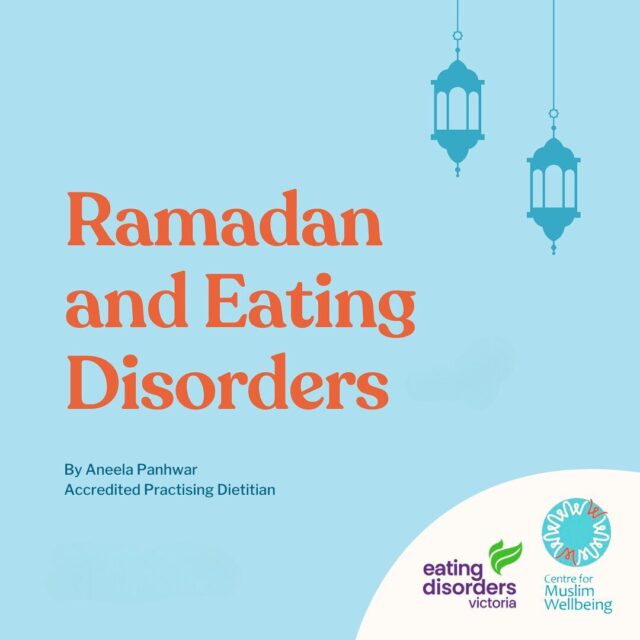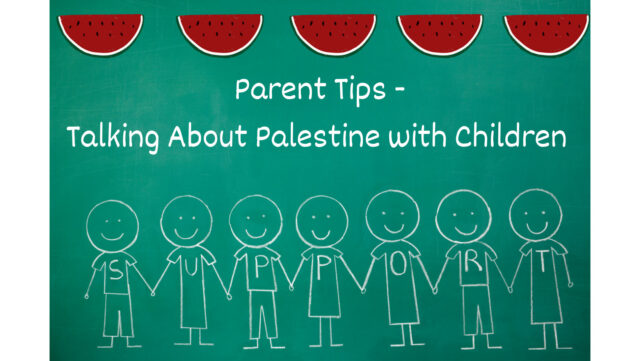What is Infant mental health
“Infant mental health is a unique and highly specialized area of mental health care. It refers to how well a child develops socially and emotionally from birth to the age of three. During this very critical phase in the child’s development, having a secure and stable relationship with a nurturing parent/caregiver is the key for optimal emotional and general well-being development.
Why is it important
Adverse life experiences, trauma or attachment difficulties during infancy can lead to the development of poor mental health with significant difficulties in many areas, such as, interpersonal relationships, emotional regulation, and can lead to long-term complex mental health and developmental issues.
How to assess Infant Mental Health
Assessment of infants mental health, involves understanding the biological, social and psychological factors that influence each individual infant’s presentation. It is very important to understand the infant’s presentation in the context of the nature, dynamics and functioning of the parent-child relationship.
The Assessment Process
The assessment process is holistic and very comprehensive. A parent-infant assessment typically explores the child’s development, functioning and relationships. Best practice assessment methodology collects information from a range of sources including interview, observation and standardized outcome measures in order to formulate a diagnosis and treatment plan.
How infants communicate
It is very important to remember that infants and young children can develop mental health difficulties/illness, and although they might not use words, they can still communicate their distress and mental health difficulties through their behaviours, the way they relate to their caregivers and the way they interact with their environment and surroundings.”
The goal is to identify and promote parents/caregivers existing strengths and capacities, to optimize sensitive and responsive care.







